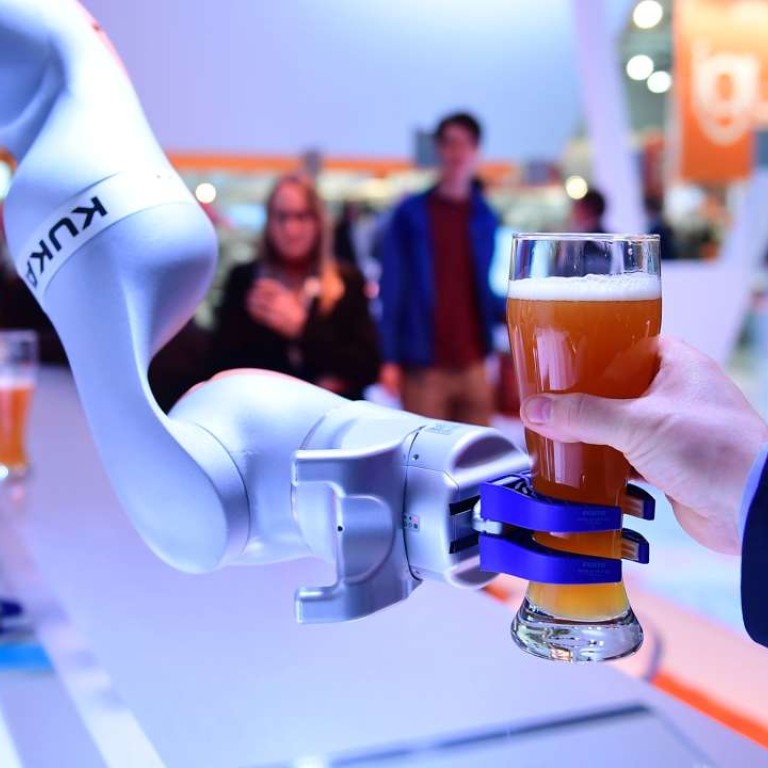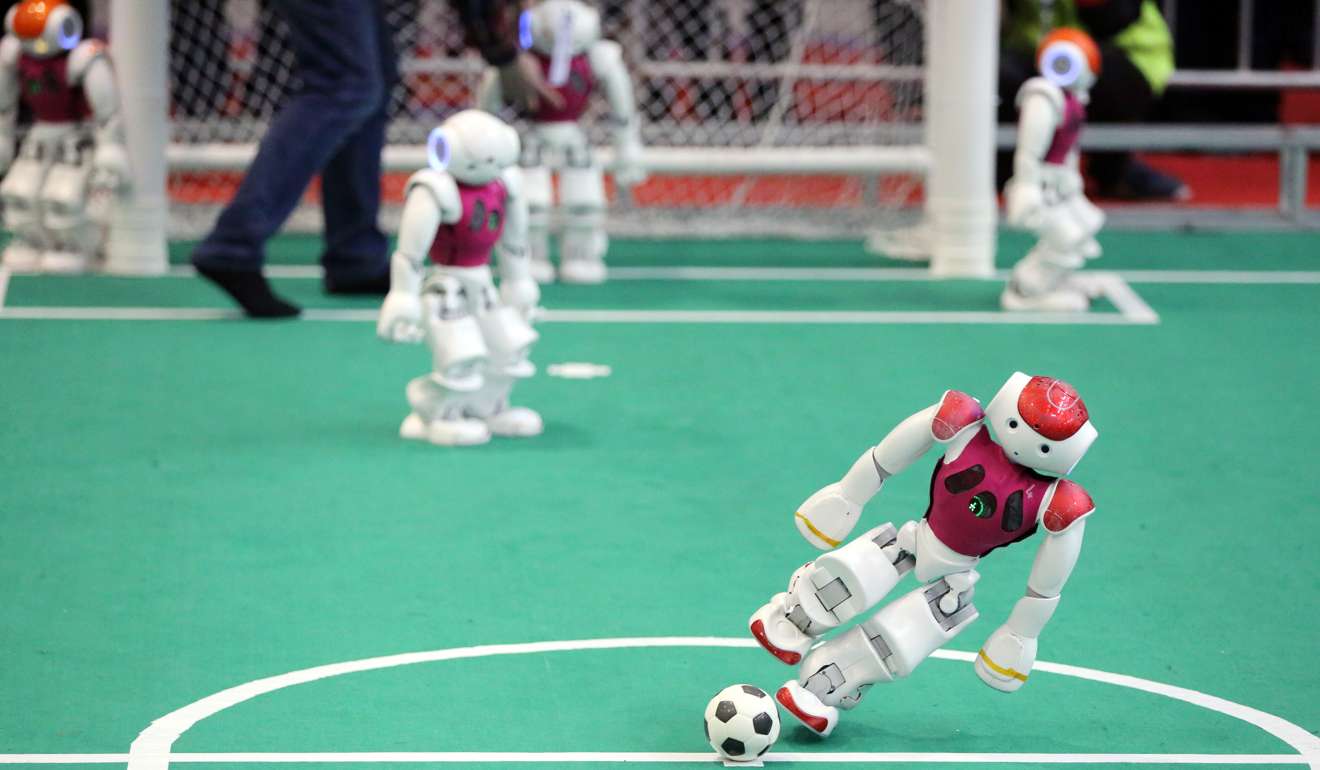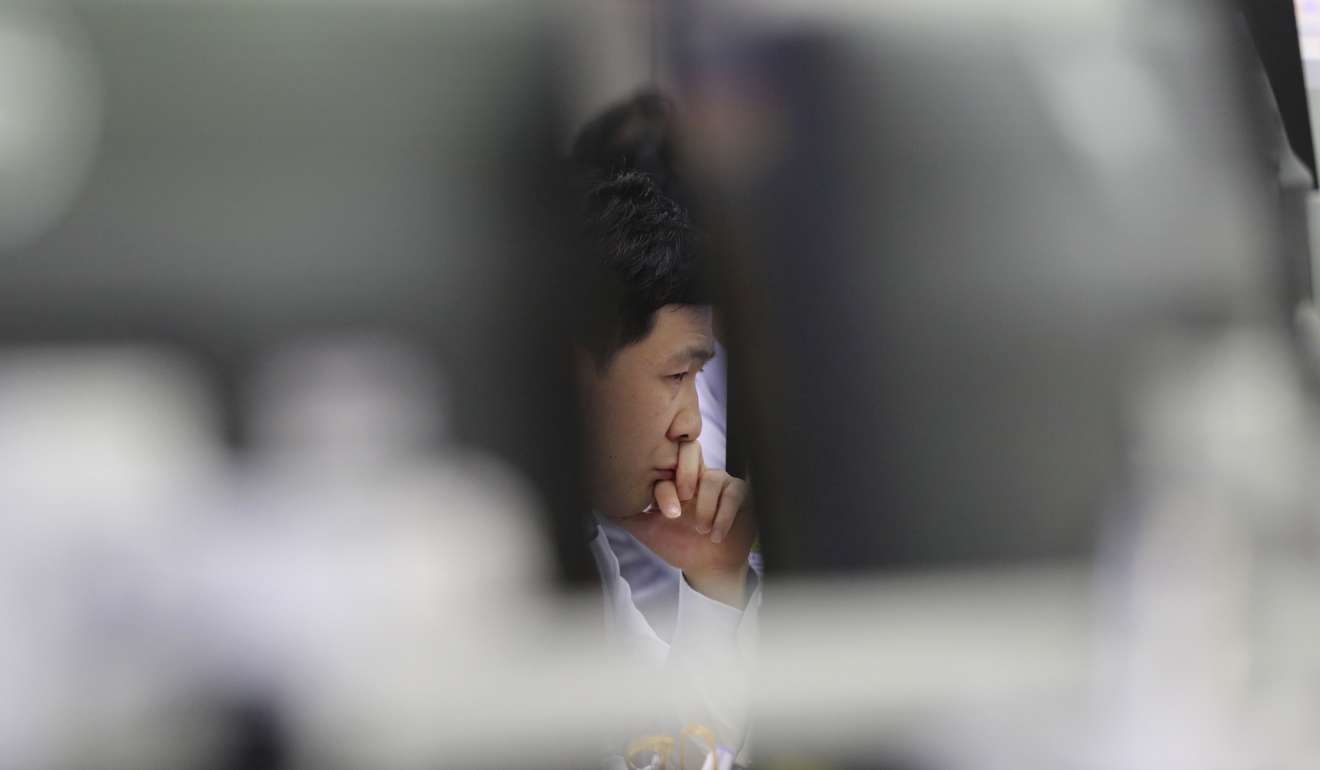
Opinion: Robots will defeat human fund managers, and that’s a pity
‘These robo-advisers will provide a real time client experience and artificial intelligence software will learn to make investment decisions based on dynamic data, especially in structured areas like credit analysis’
Investing in funds is not dead – just resting.
So said the heavy hitters in the investment and fund world as they gathered at the Fund Forum Asia 2017 conference in Hong Kong this week. Over the past six or so years, it seemed like the industry could get no worse. And each year it has.
Funds have had a bad rap. Actively managed funds, those where a manager makes the buy and sell decisions, have been accused of being expensive, poorly performing and opaque. But not to be in Wall Street in the past year would have cost you 16 per cent; and 28 per cent over three years. Europe is up circa 14 per cent and Hong Kong about 15 per cent in a year.

Funds are a great way to get clear investment exposure to the market in one simple package regardless of whether they are active or passive. The manager is paid better if the fund performs well, and their risk can be easily assessed. But regulators around the world have targeted the fund industry as being risky, pushing up costs at the same time as funds have suffered a revenue squeeze like few other industries. The flurry of fund house mergers led the conference to think that you now need a trillion US dollars of assets to be sustainable. Such a concentration of fund managers does not sound good for investors.
The loudest propaganda has come from the passive side of the fund industry – those managers who merely replicate an index at low-ish cost. They have a point. Fund fees at 1 and 2 per cent are similar to the level of interest rates and inflation. Fund house BlackRock saw passive funds cannibalising their active counterparts by a factor of four in the first quarter of 2017. Yet passive funds will eventually be hoist by their own petard – they are seeing price pressure too.
Modern professionals will learn to view technology as an opportunity not a threat
But there is light at the end of the tunnel – the path ahead for the industry is becoming a little more visible. It is not a pretty picture. The technological tsunami has commoditised and systemised expensive back and middle office jobs and is washing on to the knowledge-based front office.
The industry has been dumbed down to such an extent that computer algorithms are starting to take over investment tasks like selecting stocks or funds. The early stages just need a big database and some simple mathematical models. Increasing market correlation is helping; for if shares go up and down at the same time, you don’t need trained analysts to research one stock against another.

These robo-advisers will provide a real time client experience and artificial intelligence software will learn to make investment decisions based on dynamic data, especially in structured areas like credit analysis.
Modern professionals will learn to view technology as an opportunity not a threat. If other professions are talking about robo-lawyers and robo-surgeons, then robo-advisers are quite feasible. The headaches are many. Is the data clean and true? Can you game the system? Cybersecurity? Are the programmers, teenage scribblers alone or will they listen to the grey heads at the conference? Will a machine learn to deal with an event before it has experienced it? Algorithms work fine in normalised markets with clear relationships but, when the mother of all crashes occurs, those relationships discontinue and the computers will sell. That first machine driven crash will occur in a flash as all the machines rush to the door.
Investment is one of the world’s oldest professions so the fund industry will not go away. One of the most exciting initiatives is the mutual recognition of funds between different jurisdictions around the world. Indeed more funds in a wider range of asset classes like infrastructure, property, peer-to-peer lending, private equity, hedged funds, and socially responsible investment are needed to reduce portfolio risk.
Investment brochures warn that prices can go down as well as up. The industry though has had little good news for many years – but at least there is now a little more visibility. Fund managers hope that the light at the end of the tunnel is not a train coming.
Richard Harris is a veteran investment manager, banker, writer, broadcaster and financial expert witness

